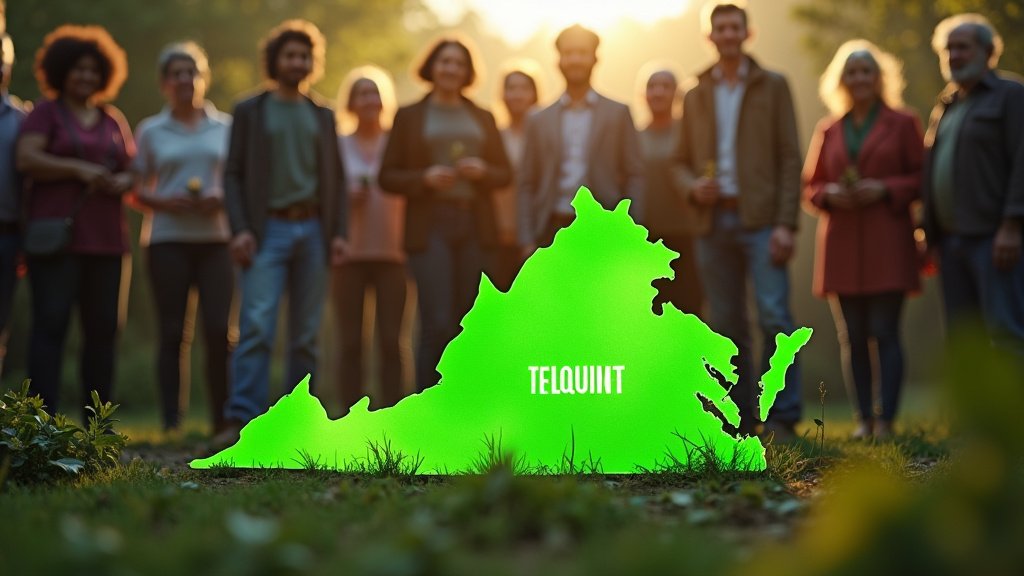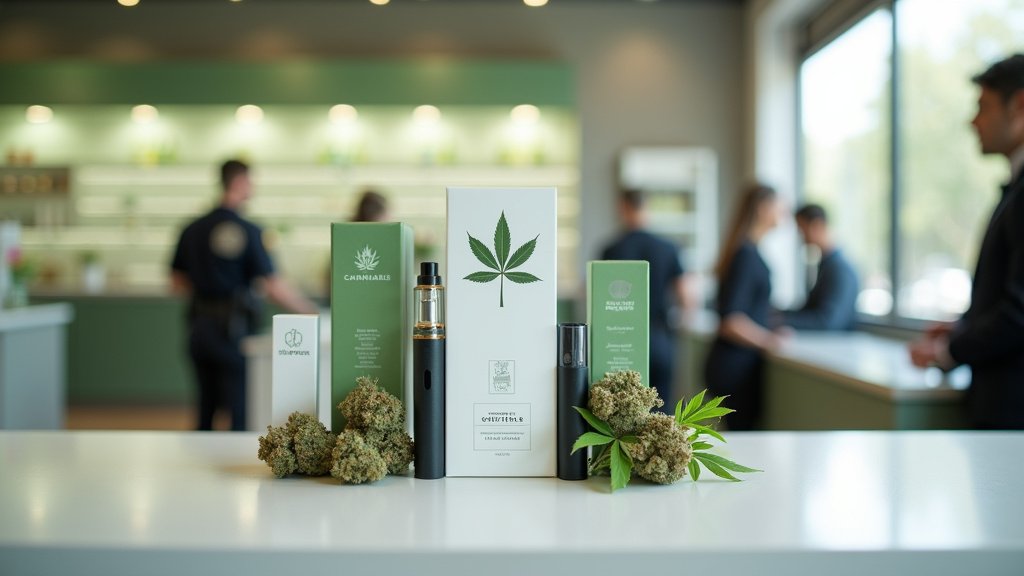New York’s cannabis landscape is continuously evolving, with the Office of Cannabis Management (OCM) actively assessing regulatory approaches for cannabis consumption licenses. This critical evaluation aims to incorporate best practices from other jurisdictions and ensure public health and safety, even as the state prioritizes licenses essential for a stable supply chain, such as cultivation, processing, and retail. While New York’s Marijuana Regulation and Taxation Act (MRTA) permits on-site consumption licenses, the state is still in the early stages of implementation, with only a few trial licenses granted as of early 2025. The OCM’s initial focus was on establishing the foundational elements of the legal cannabis market, a strategic move acknowledging the challenges faced in the state’s rollout. The OCM has since received numerous innovative ideas for consumption lounges, and the agency is working to ensure these spaces align with the law’s provisions.
Understanding New York’s Consumption License Framework
An adult-use on-site consumption license, as authorized by the MRTA, allows a business to sell cannabis products to adults aged 21 and older and provide a space for them to consume those products on the licensed premises. These establishments are envisioned to function much like traditional bars or cafes, offering a sophisticated, social environment for cannabis enjoyment, distinct from the retail-focused model of dispensaries. This move could also cater to a growing cannabis lifestyle trend, offering consumers new avenues for social and responsible enjoyment of cannabis.
However, the regulatory path is stringent. Key requirements include:
* Property Control: Applicants must either own or have a lease for the proposed venue spanning at least the license period, typically two years.
* Municipal Approval: Local government or community board consent is mandatory, adding a layer of localized oversight.
* Business Operations: Detailed plans for security, ventilation, and age verification are crucial. Lounges must also adhere to strict operational rules, including ID checks for all patrons and health/safety postings.
* No Vertical Integration: Licensees cannot hold cultivation, processing, or retail dispensary licenses simultaneously, ensuring consumption lounges operate as dedicated consumption venues.
* Proximity Restrictions: Locations must be at least 500 feet from schools and 200 feet from houses of worship, with measurements taken in a straight line. A recent reinterpretation of these rules has placed many businesses at risk, prompting potential legislative fixes.
* Investment Cap: An individual can hold no more than three consumption licenses.
Navigating the Broader Cannabis Market Challenges
The development of New York’s cannabis industry has been marked by significant challenges, including licensing delays, competition from a robust illicit market, and legal disputes. Despite the legalization of recreational cannabis in 2021, the slow rollout of licensed dispensaries has allowed unlicensed operators to flourish. The OCM, in collaboration with state and local law enforcement, has intensified efforts to combat these illicit operations through initiatives like “Operation Padlock,” aiming to protect the integrity of the legal market.
The state has issued thousands of licenses across various categories, but many applications remain pending, creating financial strain for prospective businesses. The OCM has also prioritized social and economic equity, with a goal of awarding at least 50% of licenses to applicants from disproportionately impacted communities. This commitment underscores the broader mission to create a fair and inclusive industry.
The Future of Consumption Lounges in New York
As the OCM continues its assessment, potential legislative changes could further shape the landscape for consumption lounges. A proposed bill, for instance, might allow these establishments to offer non-infused food, non-alcoholic beverages, and even host live entertainment, potentially enhancing their financial viability and appeal. Such developments could integrate cannabis more seamlessly into mainstream social and lifestyle activities, creating new economic opportunities and community hubs.
The OCM’s methodical approach to regulating consumption licenses reflects a desire to learn from the experiences of other states while carefully considering public health and safety. As the state refines its approach, the emergence of licensed consumption lounges promises to be a significant development in New York’s evolving cannabis market, offering consumers new avenues for social and responsible enjoyment of cannabis. The progress in this area is closely watched, as it represents a key component in the ongoing maturation of New York’s legal cannabis industry.






